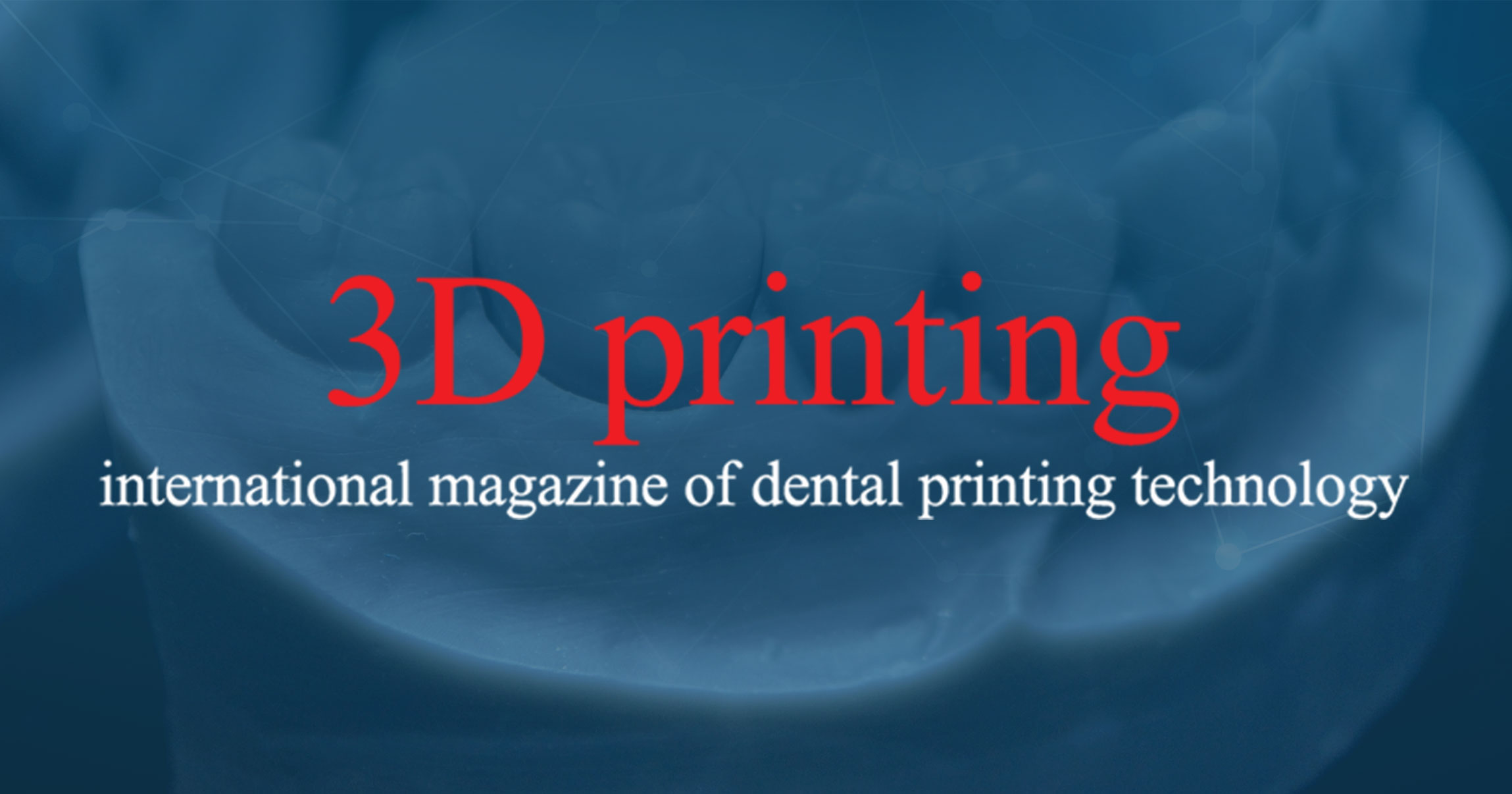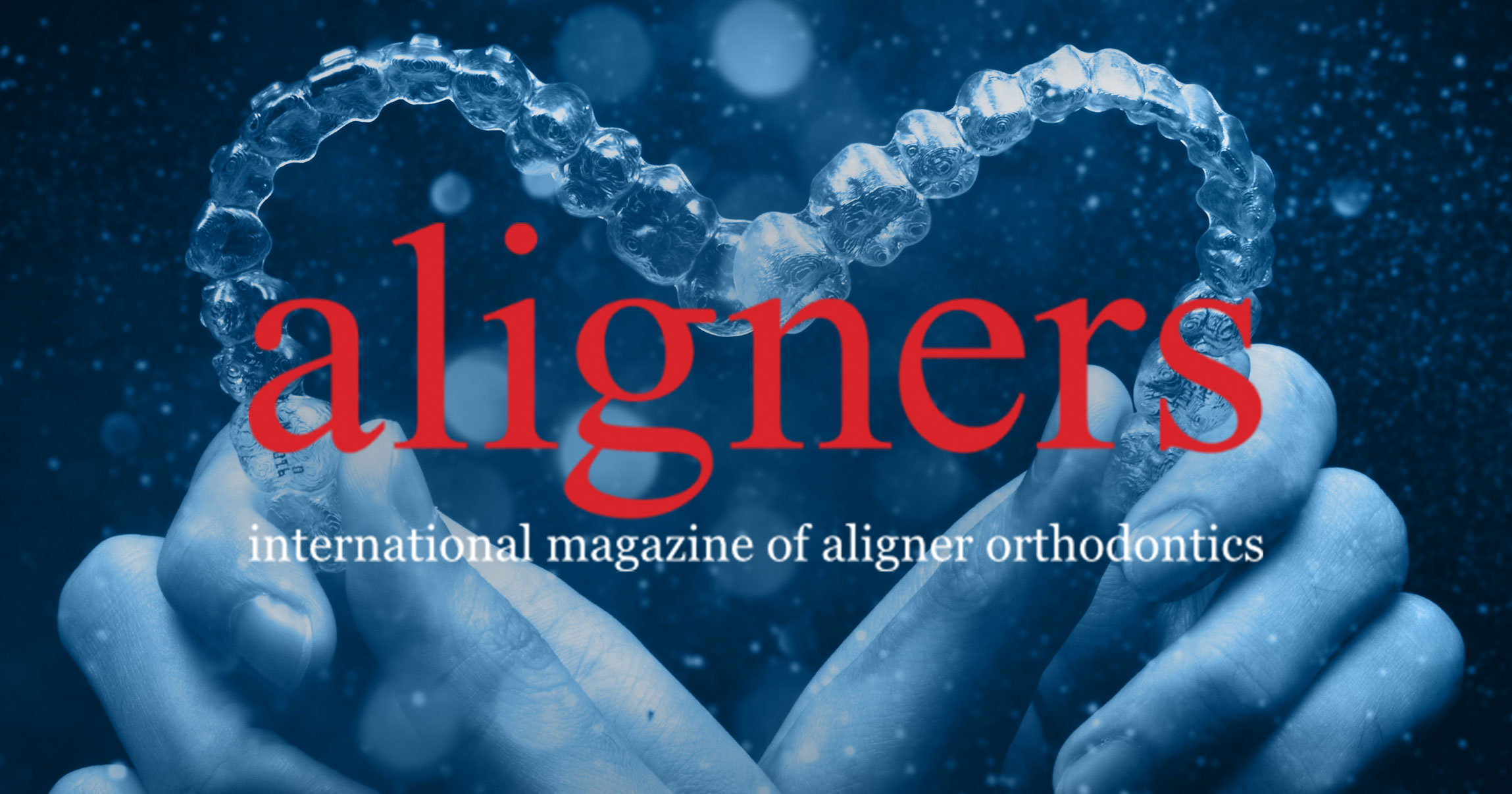BERGEN, Norway: Owing to its good public health system, 98 per cent of Norwegian children between the ages of 3 and 18 regularly see a dentist. Public dental clinics are thus in the unique position to identify cases of possible neglect or abuse in this vulnerable population and notify the authorities. A nationwide survey among 1,200 public dental hygienists and dentists has now examined how often dental professionals actually reported concerns about child welfare to the Norwegian child protection agency, Barnevernet.
In Norway, public dental health care staff have an obligation to report suspected child maltreatment to child welfare services. However, the current survey results showed that every third staff member had failed to do so, despite his or her suspicions that the children were being neglected or abused. Overall, six out of ten stated that they had submitted reports of their concerns to child protection services throughout their career. The results further showed that notifications were more often from younger dental staff (under 40). Moreover, those working in small municipalities with 10,000 or fewer residents reported less maltreatment than those in larger municipalities did.
Reasons for reporting included children having many cavities and very poor oral hygiene, often in combination with frequent absence from school. In some extreme cases, health staff further suspected physical, psychological and sexual abuse from the injuries they saw, Norwegian newspaper Aftenposten reported. Overall, about 500 notifications were issued per year.
According to Ingfrid Vaksdal Brattabø, who conducted the survey as part of her doctoral thesis at the University of Bergen, the overall number of reports is very low considering that almost every Norwegian child sees a dentist every two years. However, when comparing the results of the survey to other European countries, Norwegian health staff had issued considerably more reports than their foreign counterparts had. Studies in Scotland, the UK and Denmark showed that only 11, 29 and 13 per cent of health staff, respectively, had informed the authorities about suspected neglect or abuse, compared with Norway’s 60 per cent.
Brattabø was not surprised about the finding that one-third of the dentists did not report their suspicions. “One can never be completely sure that one’s suspicions are founded. Dental professionals are afraid to report the error, in case it brings harm to the children or their families. There is also the fear that it may result in the parents not taking their kids to the dental clinic,” she stated. However, although it may be a difficult decision, dental professionals have a duty to protect vulnerable children, Brattabø added.
According to the researcher, dental professionals’ knowledge of child abuse and neglect, the basis on which to report and procedures for reporting must be increased, and collaboration between child welfare and dental services should be improved. Moreover, communication should be bidirectional, she suggested. Lack of feedback from child protection services regarding reports of possible maltreatment may be discouraging for the health staff, she pointed out.
The study, titled “Experience with suspecting child maltreatment in the Norwegian public dental health services, a national survey”, was published online on 20 September ahead of print in the Acta Odontologica Scandinavica journal.



 阿尔巴尼亚 / Albania
阿尔巴尼亚 / Albania
 奥地利 / Österreich
奥地利 / Österreich
 波黑 / Босна и Херцеговина
波黑 / Босна и Херцеговина
 保加利亚 / България
保加利亚 / България
 克罗地亚 / Hrvatska
克罗地亚 / Hrvatska
 捷克共和国 / Česká republika & Slovensko
捷克共和国 / Česká republika & Slovensko
 芬兰 / Suomi
芬兰 / Suomi
 法国 / France
法国 / France
 德国 / Deutschland
德国 / Deutschland
 希腊 / ΕΛΛΑΔΑ
希腊 / ΕΛΛΑΔΑ
 意大利 / Italia
意大利 / Italia
 荷兰 / Nederland
荷兰 / Nederland
 斯堪的纳维亚 / Nordic
斯堪的纳维亚 / Nordic
 波兰 / Polska
波兰 / Polska
 葡萄牙 / Portugal
葡萄牙 / Portugal
 罗马尼亚 / România & Moldova
罗马尼亚 / România & Moldova
 斯洛文尼亚 / Slovenija
斯洛文尼亚 / Slovenija
 塞尔维亚和黑山 / Србија и Црна Гора
塞尔维亚和黑山 / Србија и Црна Гора
 西班牙 / España
西班牙 / España
 瑞士 / Schweiz
瑞士 / Schweiz
 土耳其 / Türkiye
土耳其 / Türkiye
 英国和爱尔兰 / UK & Ireland
英国和爱尔兰 / UK & Ireland
 国际版 / International
国际版 / International
 巴西 / Brasil
巴西 / Brasil
 加拿大 / Canada
加拿大 / Canada
 拉丁美洲 / Latinoamérica
拉丁美洲 / Latinoamérica
 美国 / USA
美国 / USA
 印度 / भारत गणराज्य
印度 / भारत गणराज्य
 日本 / 日本
日本 / 日本
 巴基斯坦 / Pākistān
巴基斯坦 / Pākistān
 越南 / Việt Nam
越南 / Việt Nam
 东盟 / ASEAN
东盟 / ASEAN
 以色列 / מְדִינַת יִשְׂרָאֵל
以色列 / מְדִינַת יִשְׂרָאֵל
 阿尔及利亚 / الجزائر
阿尔及利亚 / الجزائر
 中东 / Middle East
中东 / Middle East
:sharpen(level=0):output(format=jpeg)/up/dt/2023/03/06-1.jpg)
:sharpen(level=0):output(format=jpeg)/up/dt/2023/03/IDS2023a.jpg)
:sharpen(level=0):output(format=jpeg)/up/dt/2023/03/CEOPH.jpg)
:sharpen(level=0):output(format=jpeg)/up/dt/2023/03/impltsaveWeb.jpg)
:sharpen(level=0):output(format=jpeg)/up/dt/2023/02/europ1.jpg)







:sharpen(level=0):output(format=png)/up/dt/2014/02/3shape.png)
:sharpen(level=0):output(format=png)/up/dt/2010/11/Nobel-Biocare-Logo-2019.png)
:sharpen(level=0):output(format=png)/up/dt/2014/02/Planmeca.png)
:sharpen(level=0):output(format=png)/up/dt/2021/02/logo-gc-int.png)
:sharpen(level=0):output(format=png)/up/dt/2022/01/Sprintray_Logo_2506x700.png)
:sharpen(level=0):output(format=png)/up/dt/2014/02/A-dec.png)
:sharpen(level=0):output(format=jpeg)/up/dt/e-papers/320439/1.jpg)
:sharpen(level=0):output(format=jpeg)/up/dt/2022/08/DTCHI_0322_FINAL.jpg)
:sharpen(level=0):output(format=jpeg)/up/dt/e-papers/307114/1.jpg)
:sharpen(level=0):output(format=jpeg)/up/dt/e-papers/302868/1.jpg)
:sharpen(level=0):output(format=jpeg)/up/dt/e-papers/295582/1.jpg)
:sharpen(level=0):output(format=jpeg)/up/dt/e-papers/274907/1.jpg)
:sharpen(level=0):output(format=png)/up/dt/2023/03/IMP-Banner-Image-World-Summit-Athens.png)
:sharpen(level=0):output(format=jpeg)/up/dt/2023/03/shutterstock_1027911667.jpg)
:sharpen(level=0):output(format=jpeg)/up/dt/2023/03/corp-en-us-image-dsw23-homepage-teaser-stage.jpg)
:sharpen(level=0):output(format=jpeg)/up/dt/2017/01/0b77b6dcb753e2e9a70f49e9010a1c19.jpg)

:sharpen(level=0):output(format=jpeg)/up/dt/2023/03/06-1.jpg)
:sharpen(level=0):output(format=gif)/wp-content/themes/dt/images/dt-user.gif)
:sharpen(level=0):output(format=jpeg)/up/dt/2021/06/g-cem-one-780x439-.jpg)
:sharpen(level=0):output(format=jpeg)/up/dt/2021/02/Interview-Increased-commercialism-and-overtreatment-in-dentistry-1188x668-.jpg)
:sharpen(level=0):output(format=jpeg)/up/dt/2021/02/exocad-Insights-2020-T-Shirts.jpg)
:sharpen(level=0):output(format=jpeg)/up/dt/2017/05/resize_1495440854_uploads_images_f7eec11ffe77a903ce1361e0562aa77c_jpg_610x0_85.jpg)








:sharpen(level=0):output(format=jpeg)/up/dt/2023/03/06-1.jpg)
:sharpen(level=0):output(format=jpeg)/up/dt/2023/03/IDS2023a.jpg)
:sharpen(level=0):output(format=jpeg)/up/dt/2023/03/CEOPH.jpg)
:sharpen(level=0):output(format=jpeg)/up/dt/2022/08/DTCHI_0322_FINAL.jpg)
:sharpen(level=0):output(format=jpeg)/up/dt/e-papers/307114/1.jpg)
:sharpen(level=0):output(format=jpeg)/up/dt/e-papers/302868/1.jpg)
:sharpen(level=0):output(format=jpeg)/up/dt/e-papers/295582/1.jpg)
:sharpen(level=0):output(format=jpeg)/up/dt/e-papers/274907/1.jpg)
:sharpen(level=0):output(format=jpeg)/up/dt/e-papers/320439/1.jpg)
:sharpen(level=0):output(format=jpeg)/up/dt/e-papers/320439/2.jpg)



